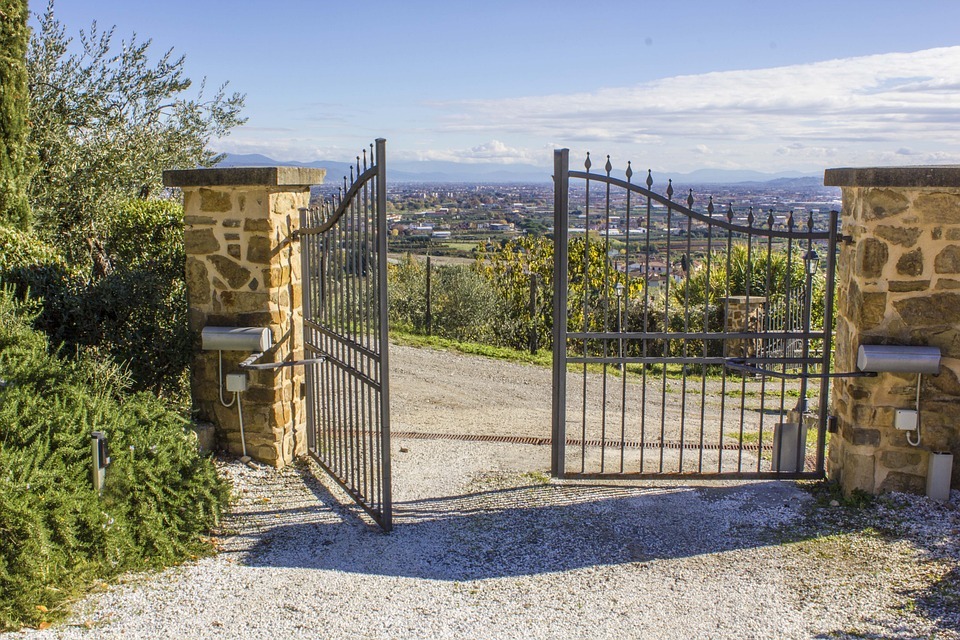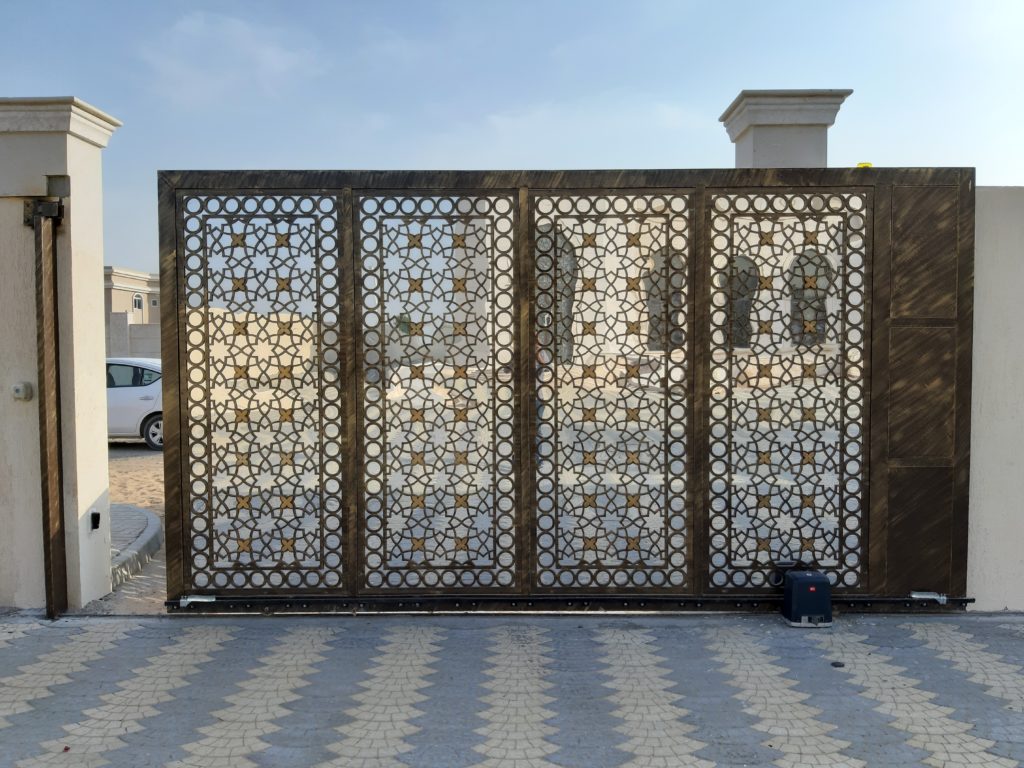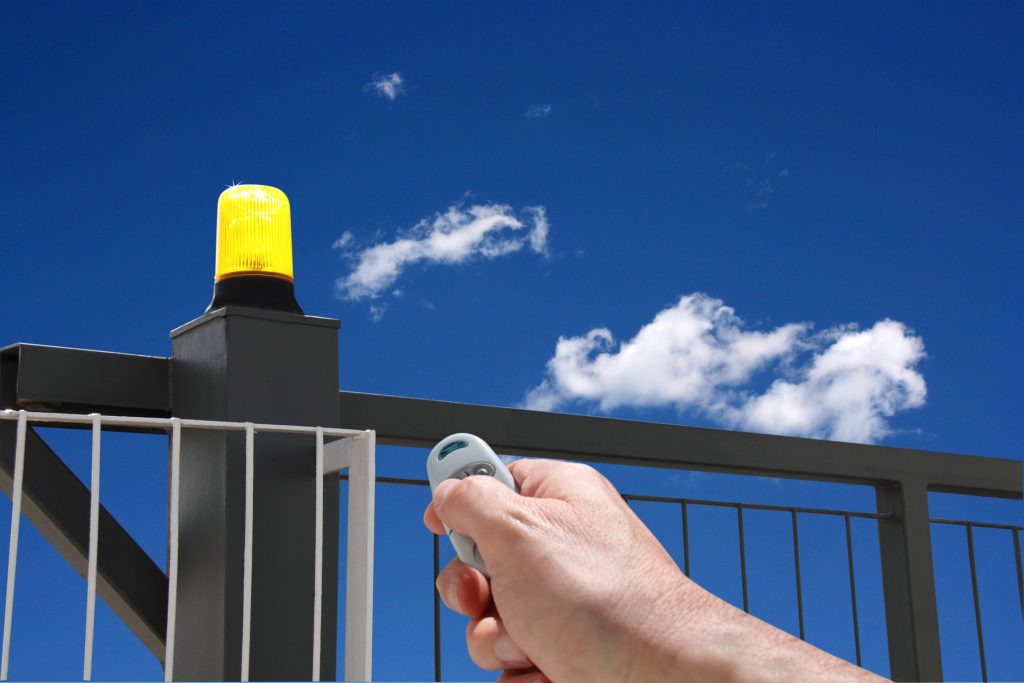Electric gates are very useful to deal with access to your house or office space and secure the property against vandalism. Nevertheless, there are extra perks that contribute as the winter frosts begin biting. You will love to sit in your warm car whilst your automatic gates open in front of you and then close behind you on a frosty, dark night.
Winter weather can cause problems with your automated gate. Nevertheless, if you maintain it properly, you can abstain from issues and make sure that the gate system offers reliable and efficient service all over the year. You are recommended to carry out yearly maintenance in October or November before the worst time of the winter weather begins. This is how you can have instant remedial action if any issue grows.
While nobody can assure that an electric gate operator will work continuously in any weather, here are a few tips from the experts of Aleko Products to safeguard your commercial or residential entryway gate from harsh cold weather and prevent every mechanical issue.
Background
In 1881, a Canadian named Fred W. Watson invented one of the first electric gates. It was intended for use in railway systems. A number of American newspapers reported in 1884 that French railway companies were about to implement an electric gate opener. “A catch connected with an electro-magnet keeps a gate shut,” The National Tribune reported on October 9, 1884.
The short-lived Toulmin Electric Railway Gate Company organized one of the first demonstrations of such gates in the United States in 1887, in Baltimore. By the end of the nineteenth century, electric gates were also used at horse racing tracks.
The first commercial electric gate systems were hydraulic in nature and were built for dependability and ease of use. However, the high cost of hydraulic systems prompted other companies to develop more affordable electromechanical alternatives. Hydraulic motors are the preferred choice for large and heavy gates because they can generate high levels of torque, while electromechanical systems designed for lower usage domestic installations are more cost effective to produce.
Preparing Your Gate for winter
For preventing gate issues in winter, you must complete different maintenance tasks for your commercial or residential gate before the snowfall occurs. Here are some things you must do every fall:
1. Lubricate the Gate
The sun and its heat possibly caused the lubricant and oil in summer on the moving parts of your gate for drying up. You should lubricate the gate before the winter arrives to make sure that it can open easily. Ensure to utilize a lubricant that is specially made for cold weather.
2. Touch-up the Paint
Gates are vulnerable to huge amounts of moisture in winter. In case you have a wrought iron or steel gate, this could cause issues with corrosion and rust. Using a wood gate, rot might become a problem. Ensure to check the gate and touch up every scratch or nick. On wrought iron and steel gates, scratches in the rust-resistant coating reveal the gate to rust formation. On wooden gates, scratches on the protective paint, varnish, or stain, leave the wood exposed to pest infestation and rot.
3. Check the Elements
Scrutinize your gate system properly to make sure its primary parts in a good working state and will last the entire season. For instance, in case you have a slide gate, make sure that the tracks and rollers are not dented, bent, or else damaged. Such problems may appear small in summer, but with snow and ice in the tracks in winter, they can hinder operation.
4. Check the Gate Operator
You will also need to make sure that the gate operator is in proper condition. For instance, you must replace the battery in case it is at the edge of its lifespan. Your gate operator’s battery should work better in cold weather. Sadly, freezing temperatures can damage a battery that is near the end of its lifespan.
5. Contact a Professional Gate Technician
Generally, your gate must be serviced by an experienced gate technician before winter. He can check the gate, perform all required repair and maintenance tasks, and lubricate the moving parts.
Resisting Ice Formation and Snowfall
When winter arrives around, sub-zero temperatures, ice, and snow can present some difficulties. First, you should clear away snow promptly from your gate for hindering it from changing to ice. Else, reducing ice may become a real difficulty. Don’t forget to just utilize a brush for clearing the snow from the slide gates’ tracks. Don’t use salt or other de-icers, as the chemicals in these products can ruin the finish. Moreover, ensure to keep the photo-eye sensors free of ice and snow, which can trigger the security system and hinder the gate from closing.
Handling Gate Operator Issues
In cold temperatures, issues can come with the electric gate operator. Especially, the oil in the gearbox of the operator may thicken, leading the gears to lock up. Your gate mechanism’s battery may also perform less effectively as temperatures decrease. To abstain from such problems, some gate operators are available with heaters made into the operator housing. While equipped with heaters, these gate operators are rated for temperatures as low as -40 degree Centigrade, with no heater, they are rated for temperatures as low as -20 degree Centigrade.
In case your gate operator doesn’t feature a heater and its performance is impacted by winter, you can retrofit a heater.
Closure
Although your electric gate is efficient enough, it needs maintenance to hinder any mechanical or security issues. So, make sure to follow the advice given in this blog. If you still haven’t installed an automated gate, do visit Aleko Products right away!



